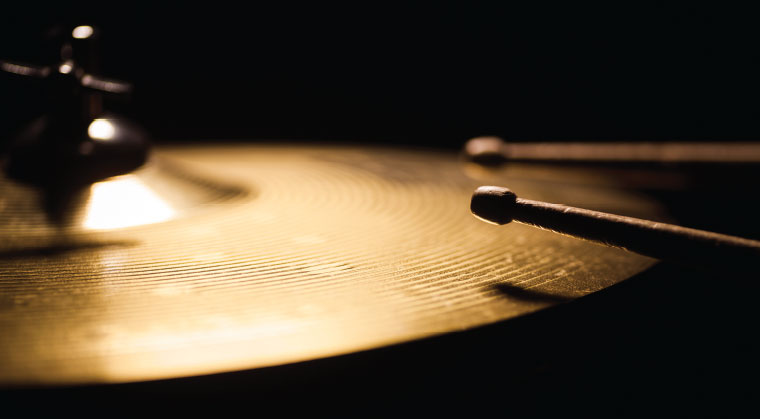Wide-Angle View


Photo: Shutterstock.
As told to Leah Gebber
I was embarrassed to tell people I lived in Beit Shemesh. “Oh that’s where they spit on little girls?” was the unfortunate reaction I’d sometimes receive after the media furor three years ago. The demonstrations that followed confirmed that Beit Shemesh seemed to be a deeply divided city.
That’s why I agreed to join a group of women — eight of whom were Torah observant and eight secular — ostensibly to learn film production but in fact to see if we could break down some of the barriers between us.
It was with a mixture of hope and nervousness that I made my way over to a nearby secular moshav for the first meeting of us “Nashim Nehedarot (wonderful women).” The meeting was held in the bomb shelter. The walls were grimy the light was dim and I thought My goodness why have I come? My cousin had also agreed to join and I sat next to her in the circle looking around at the unfamiliar faces and trying to swallow my sense of misgiving.
The program facilitator Hila is an experienced teacher and she must have used all the tricks in her book to make us feel comfortable and break down the barriers. The first thing she did was hand out little pictures and pair us up — an observant woman with a secular woman. Our job was to look at the pictures — simple things like a picnic table or an ocean — and talk about what thoughts and feeling the pictures brought up. Then we got behind the camera to film each other talking.
I’m the most nontechy person in the world — I can hardly send an e-mail — so to be taught hands-on how to film was exciting. It was new and stimulating and the barriers between us though present started to thaw.

Photo: Shutterstock
The second meeting had two parts. First we had to each bring in a text that we found meaningful. We then filmed each other as we read it out and spoke about it. One of the secular women read out a piece from Rebbe Nachman and I was very moved. It really brought home to me how we have to look beyond the clothing and find the person inside.
But in the second half of the meeting Hila decided to teach us about camera angles. To demonstrate the power of a close shot she showed a short film of a chareidi teenage girl. I don’t remember what she was doing but I do recall a feeling of discomfort. I felt like she’d been portrayed in an uncomplimentary light kind of like nebach she’s oppressed by all these rules. I looked around and saw that all of us religious women were irked by it.
One thing I learned right away was that if this was to work — and I believed it could — then honesty was crucial. I didn’t want to pretend everything was fine. I didn’t want to indulge in apologetics. So we didn’t simply swallow the film. A number of us confronted the issues.
Oops! We could not locate your form.







